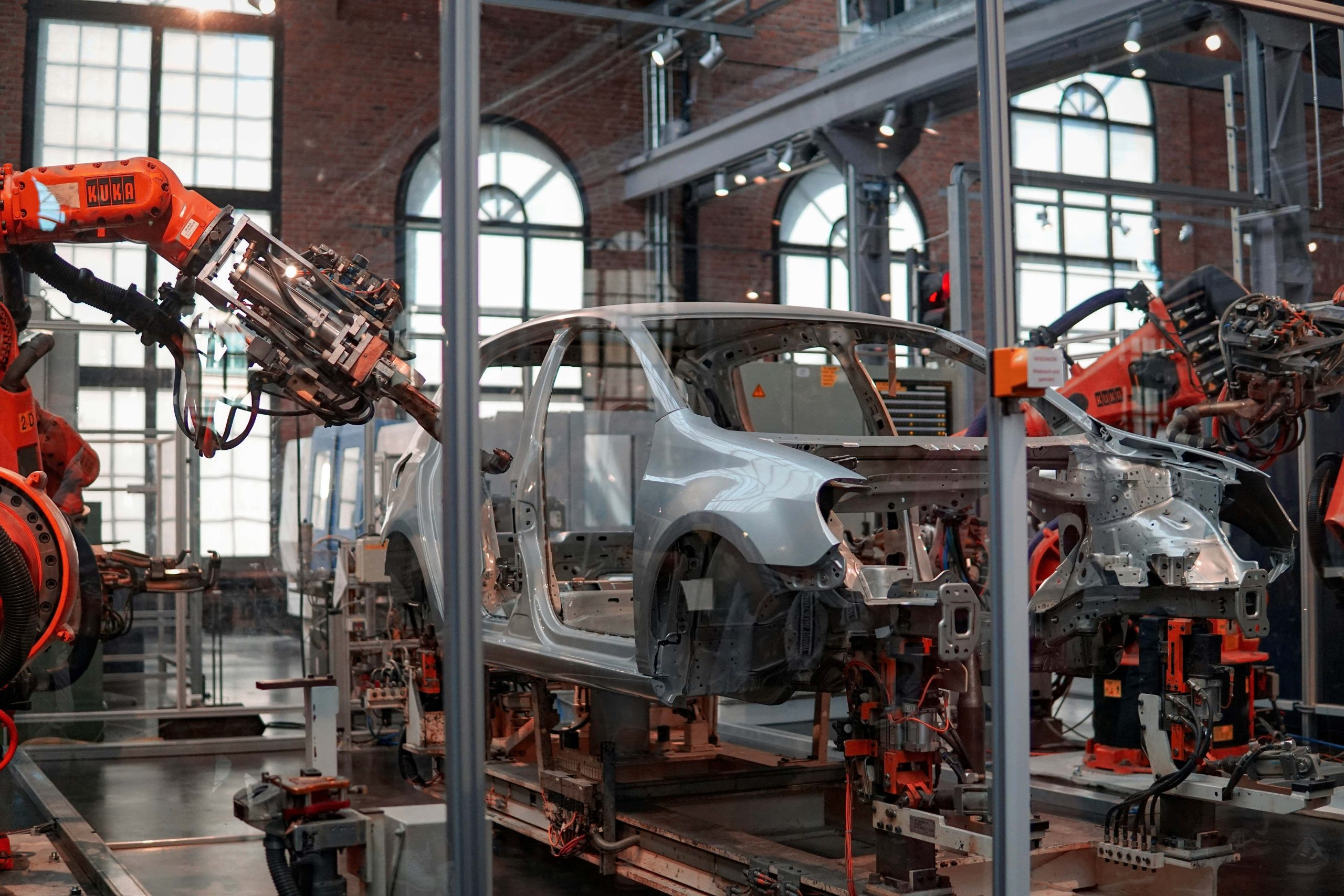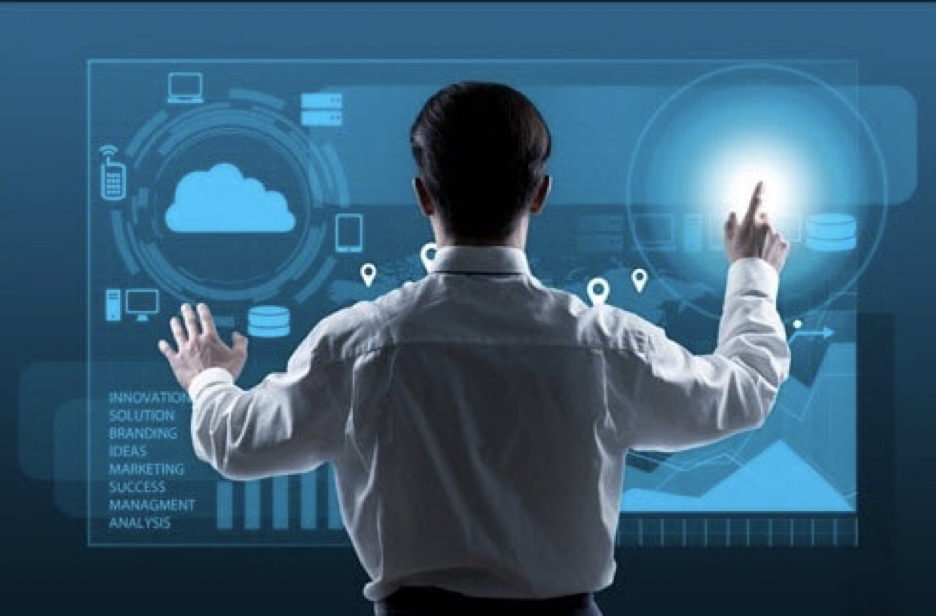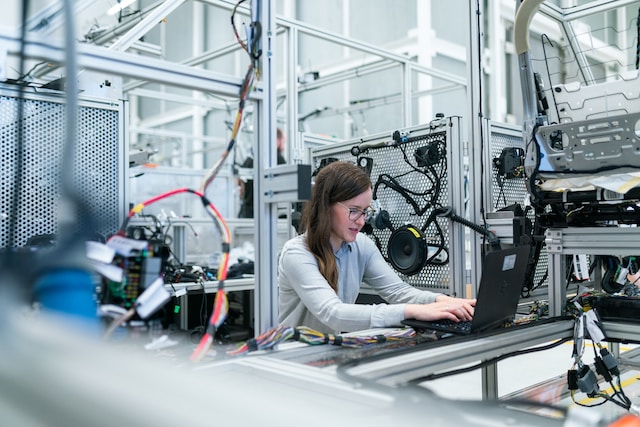
Artificial intelligence (AI) is no stranger to disrupting the business and tech arena. This tech breakthrough is known for streamlining business processes, enabling companies to automate tasks, increasing efficiency, and enhancing customer experiences. Its most recent hot commodity was Generative AI, which relies on pre-programmed rules and structured data. For months, it has been the primary focus of AI development, overhauling global organizations left and right.
Today, experts predict that the emergence of Adaptive AI is the extra mile that will take the current tech ecosystem to the next level.
Generative AI: The Main Buzzword
One of the biggest buzzwords that have headlined the tech industry these past several months is Generative AI. Also known as deep learning or neural networks, Generative AI relies on large sets of data and complex algorithms to create new and original content. What’s more, it has a wide range of applications, including image and speech recognition, natural language processing, and even art and music creation.
One of the most significant impacts of Generative AI on the digital workforce is its ability to automate tasks that were previously considered too complex for machines to handle. For example, Generative AI can be used in industries such as finance, healthcare, and legal to analyze large amounts of data and make predictions based on patterns and trends. This not only saves time and resources but also reduces the risk of human error.
Perhaps the prime example of Generative AI that has revolutionized a multitude of industries worldwide is ChatGPT. Developed by OpenAI, ChatGPT stands for “Chat Generative Pre-Trained Transformer,” a type of generative AI language model that can engage in conversations. It is possible to ask ChatGPT various questions and receive responses that mimic human-like answers.
While AI has seemingly reached a peak with Generative AI, this tech breakthrough is not expected to plateau anytime soon. The next evolutionary stage? Adaptive AI.
Adaptive AI: Taking a Step Further
What is Adaptive AI?
In layman’s terms, Adaptive AI is the next generation of AI, which combines advanced machine learning algorithms with a more responsive and flexible approach to autonomous learning. Unlike Generative AI, Adaptive AI systems boast versatility and can adapt and learn in real-time, constantly retraining their models based on new data and feedback.
Adaptive AI models leverage real-time feedback to change their learning dynamically and adjust goals on the fly. This makes them especially capable in tasks that require an immediate reaction to sudden changes within a digital work environment. In fact, Gartner has named adaptive AI as one of its top strategic technology trends for 2023. The research also predicts that companies using adaptive AI by 2026 will outperform their competitors by 25%.
One of the main advantages of adaptive AI is its ability to adapt to changing circumstances. In a digital workplace, this means that companies can use adaptive AI to enhance the customer experience by quickly responding to changing customer needs and preferences. One of the most cutting-edge tools that epitomize adaptive Ai capabilities is SubStrata, a tool that dealmakers use to analyze verbal and nonverbal cues, enabling them to accurately evaluate prospects’ emotions and perspectives and close deals faster – all in real time.
With its abundance of benefits, adaptive AI is set to overhaul the digital workforce by providing a more responsive and flexible approach to autonomous learning. With the ability to adapt to changing circumstances, enhance the customer experience, and improve employee productivity, adaptive AI is likely to become a key differentiator in the digital marketplace.
You may be interested in: Top 5 Industries That Would Be Affected by an AI Revolution















